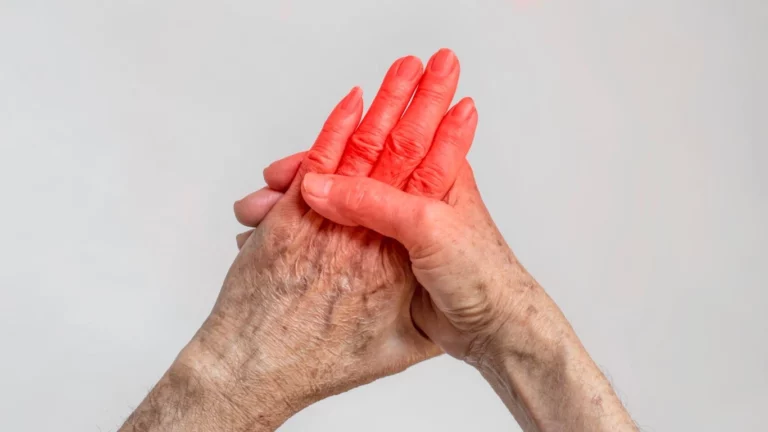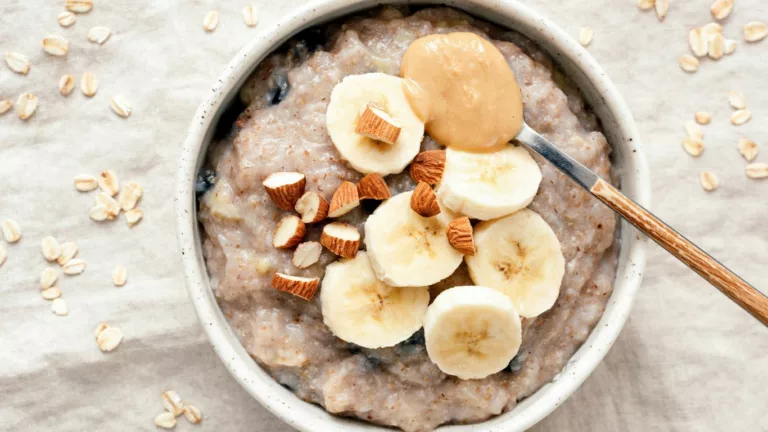High Blood Pressure and Tinnitus Connection: What You Need to Know 🩺🔊
Introduction
Alright, let’s talk about something that you might not even realize is connected: high blood pressure and tinnitus. Sounds like an odd pairing, right? I get it—most people don’t put these two together. But if you’ve been struggling with high blood pressure and a constant ringing in your ears, this post is for you.
I’m not a doctor, but I’ve been reading a lot on how high blood pressure could mess with your ears, and let’s just say the connection is stronger than you might think. I’ve also chatted with a few folks who’ve had some success in managing both. So, let’s break this down, and I’ll share what I’ve learned.
What’s High Blood Pressure? 🩺
If you’ve been to the doctor recently, you’ve probably heard about your blood pressure. But in case you’re like, “What’s the deal with this stuff?”, let’s start with the basics.
High blood pressure, also known as hypertension, is when your blood pushes too hard against the walls of your arteries. Long story short, it’s bad news. It can cause heart problems, strokes, and even kidney damage if left unchecked. And unfortunately, it’s something that creeps up on you—often without you realizing it until things get pretty serious.

What’s Tinnitus? 🔊
Now, let’s talk tinnitus. Ever been in a super quiet room and heard a ringing sound in your ears? Like, you’re not actually hearing anything, but your ears are doing their own thing? That’s tinnitus.
For some people, it’s just a slight annoyance that comes and goes. But for others, it’s a full-blown nightmare. It can be constant, and no matter how hard you try, you can’t get rid of it. I’ve heard from folks who say it makes it tough to sleep, concentrate, or even enjoy a quiet moment.

How Are High Blood Pressure and Tinnitus Connected?
Here’s where it gets interesting. So, high blood pressure doesn’t just affect your heart. It messes with your entire body, including your ears. The blood vessels that supply blood to your inner ear can get affected when your blood pressure is too high. Think of it like a traffic jam in your arteries, but in your ears. When there’s less blood flow to your inner ear, it can mess with the auditory system, which might make your tinnitus worse.
It’s like trying to listen to music through a speaker that’s not getting enough power—it doesn’t sound right. That’s what can happen when your inner ear isn’t getting enough blood because of high blood pressure.

Why Blood Pressure Can Make Tinnitus Worse
Now, if you’ve already got tinnitus, here’s the kicker: high blood pressure can make those annoying sounds in your ears louder or more persistent. Seriously, it’s like adding fuel to the fire. Higher blood pressure equals more pressure on your ear’s blood vessels, and that can ramp up the buzzing or ringing. The problem is, the worse your blood pressure gets, the worse the symptoms might get, too.
Troubleshooting Common Issues ⚙️
Okay, so now you’re probably thinking, “Great, I’ve got high blood pressure and tinnitus. What now?” Don’t stress, though. I’ve got some tips for you that can help get things under control.
1. Track Your Blood Pressure
First things first, grab a blood pressure monitor and keep an eye on things. If your blood pressure’s out of whack, you’ve got to fix that to improve both your heart and your ears.
2. Don’t Forget About Stress
Stress is a huge factor in both high blood pressure and tinnitus. If you’re stressed, your blood pressure goes up, and guess what? Your tinnitus probably gets worse. Try stuff like meditation, yoga, or even just taking a few deep breaths during the day. It can really help.
3. Talk to Your Doctor
You should definitely get your healthcare provider involved. They can adjust your meds for both your blood pressure and tinnitus, and trust me, that’s key. Sometimes the meds used for high blood pressure can impact your ears, so make sure to have that conversation.
4. Eat the Right Foods
Food can make a big difference. I’m not saying you have to go full-on health freak, but a diet rich in veggies, fruits, and whole grains can help lower blood pressure and might even help with the ringing in your ears. Some foods like beets and leafy greens can actually help improve blood flow, which is a win-win for both your heart and your ears.
Real-Life Success Stories 🏆
Sometimes, hearing other people’s experiences can make you feel like you’re not alone. Here are a couple of stories I’ve heard from people who’ve managed to turn things around.
Jane’s Story: Ringing Ears, No More!
Jane had both high blood pressure and tinnitus, and the ringing in her ears was driving her crazy. But she didn’t just sit there and deal with it. She worked with her doctor to get her blood pressure under control, swapped out some unhealthy habits, and started eating better. A few months later, her blood pressure was more stable, and the tinnitus wasn’t nearly as bad. She could actually sleep again without the ringing keeping her up.
Tom’s Story: Tinnitus Got Better with Better Heart Health
Tom had been living with tinnitus for years, but when his doctor told him his blood pressure was high, he decided to take action. He started exercising more, cut back on salty foods, and worked on managing stress. As his blood pressure dropped, Tom noticed the ringing in his ears didn’t bother him as much. Now, he feels more in control of both his heart health and his hearing.
Key Takeaways 📝
Here’s the lowdown:
– High blood pressure and tinnitus are connected through blood flow issues in the ear.
– Managing blood pressure is a key part of making your tinnitus symptoms more bearable.
– You can improve both with a healthy lifestyle, regular monitoring, and stress management.
– Real stories show that it’s possible to get things under control with the right approach.
FAQs ❓
1. Does high blood pressure cause tinnitus?
It can contribute, yes. High blood pressure affects the blood vessels in your ears, which can make tinnitus worse or even trigger it.
2. How do I manage both conditions?
Focus on lowering your blood pressure through exercise, eating healthier, reducing stress, and talking to your doctor about the best treatment options.
3. Will my tinnitus go away if my blood pressure gets better?
It depends. In some cases, lowering blood pressure can ease tinnitus symptoms, but it might not completely eliminate it. Every case is different.
References 📚
– American Heart Association
– National Institute on Deafness and Other Communication Disorders
– Mayo Clinic
Disclaimer ⚠️
This post is just for informational purposes. I’m not a doctor, so please make sure to talk to your healthcare provider before making any changes to your meds or routine.
Call to Action 💬
Have you dealt with both high blood pressure and tinnitus? I’d love to hear your story. Drop a comment below or share what’s worked for you. And don’t forget to subscribe for more tips and advice!






